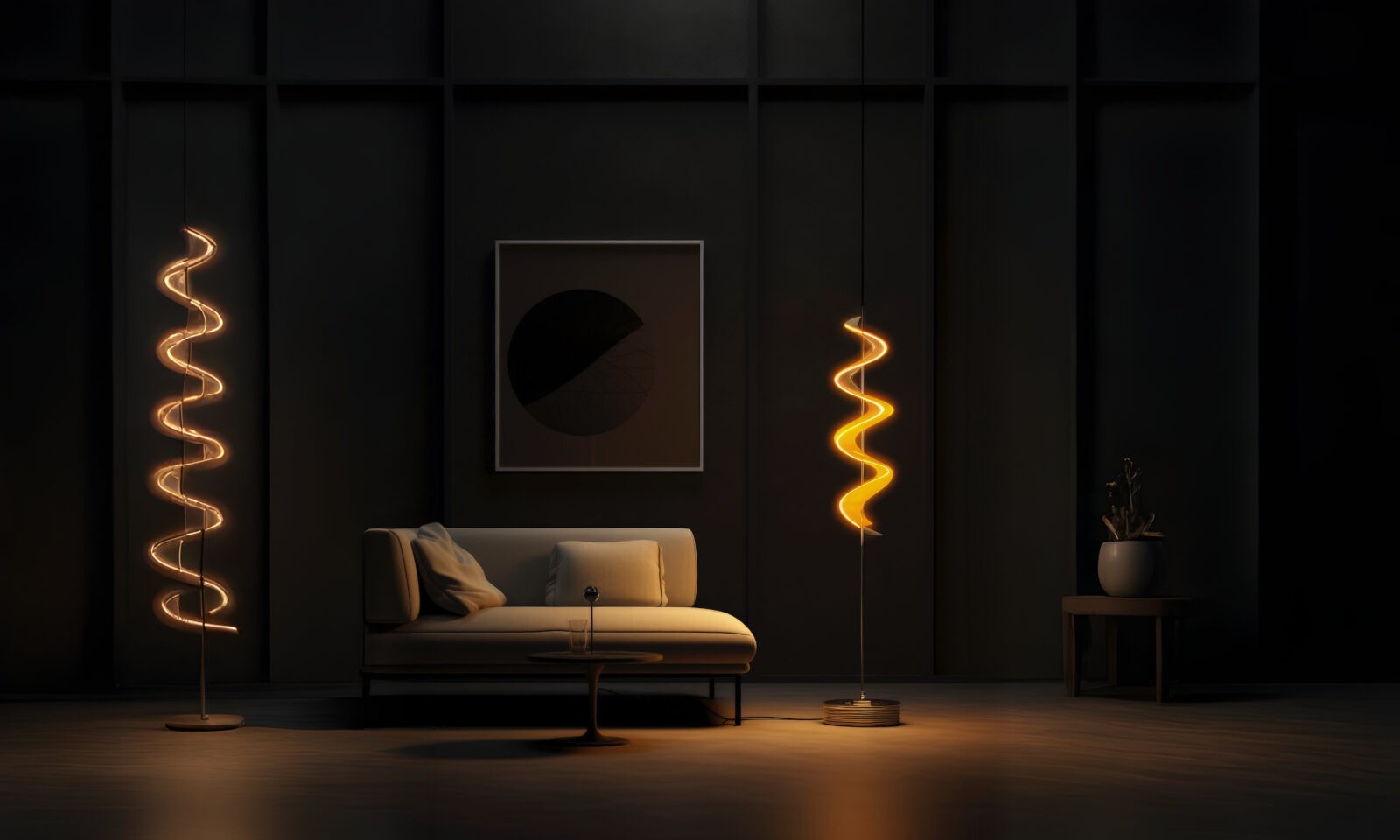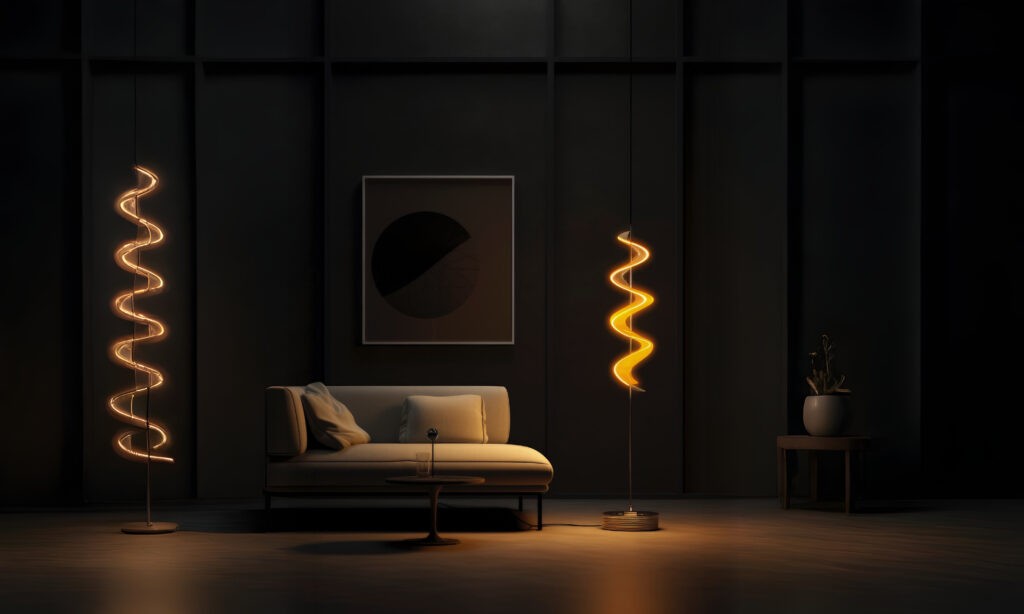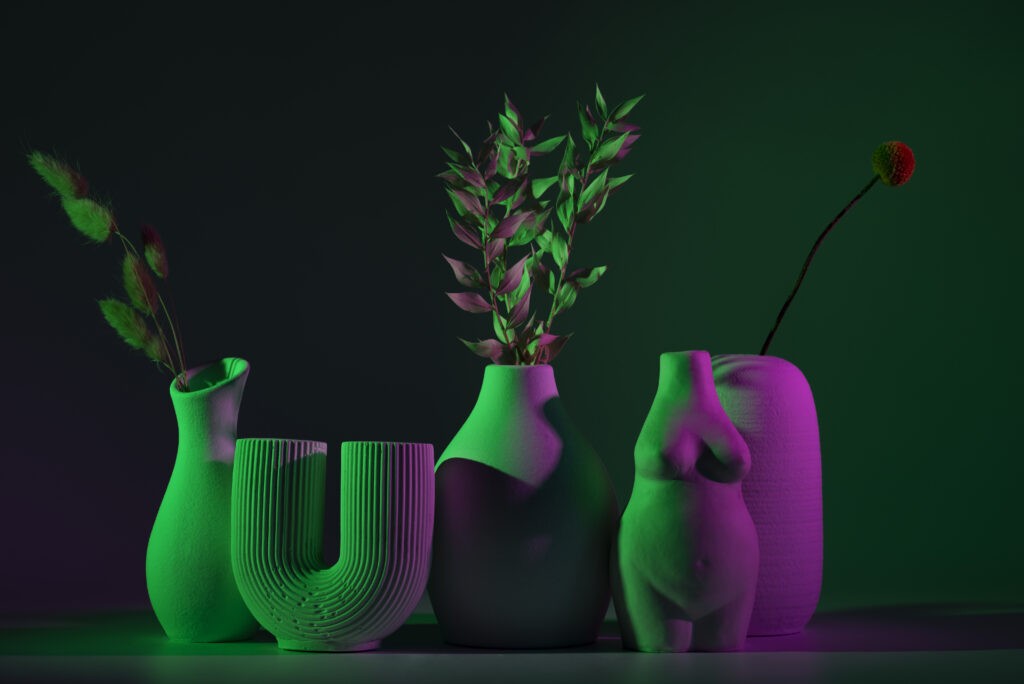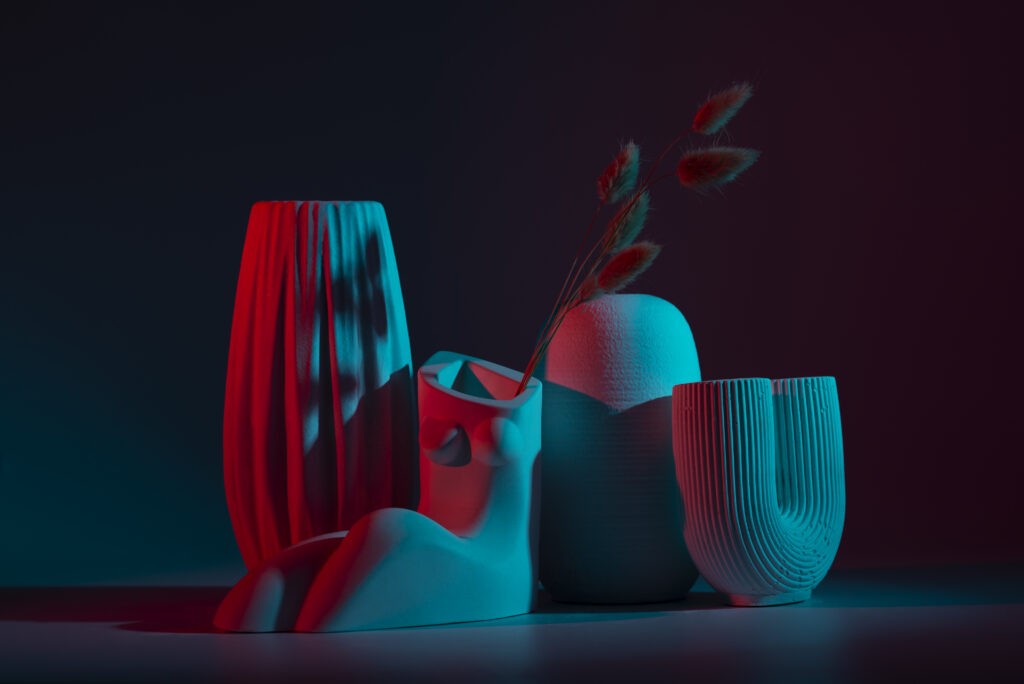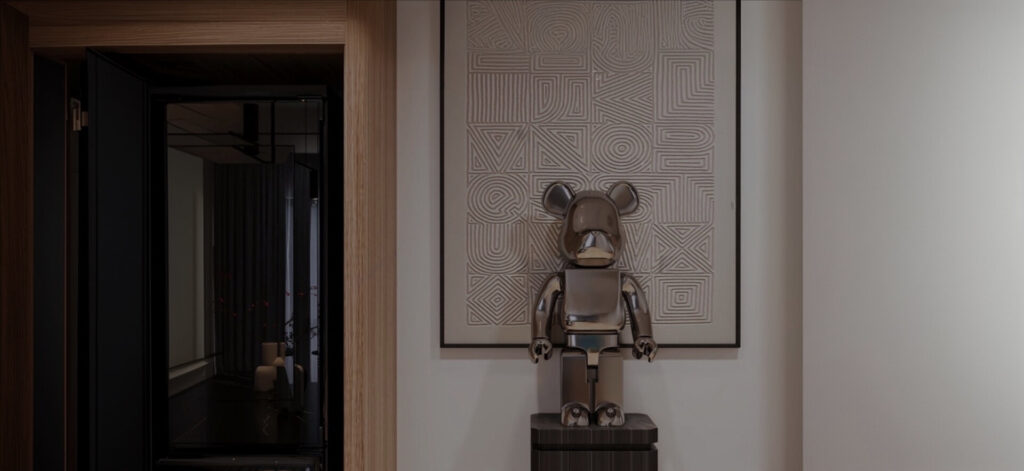HOW DECOR AFFECTS YOUR EMOTIONS
Your Environment Shapes Your Emotions
The way your home looks and feels can have a major impact on your mental and emotional well-being. More than just a place to live, your surroundings influence your state of mind, energy, and even productivity. From color and layout to materials and accessories, every design choice plays a part in how you experience your space.
With thoughtful decisions, your home can be transformed into an environment that supports calm, happiness, focus, or creativity.
The Role of Color in Emotional Perception
Color is one of the most powerful design tools when it comes to influencing mood. Warm shades like red, orange, and yellow are energizing, ideal for social spaces, but can feel overstimulating in large doses. Red may boost motivation, while yellow adds brightness and optimism.
Cooler tones, such as blue and green, promote serenity and are commonly used in bedrooms or bathrooms. Blue helps lower stress, while green brings a sense of balance. Neutral palettes including whites, beiges, and greys support a sense of order and cleanliness.
Choosing a color scheme based on emotional goals helps build a more intentional and balanced home.
Lighting and Emotional Response
Light, both natural and artificial plays a huge role in shaping the feel of a space. Natural daylight has proven benefits: it enhances mood, boosts concentration, and helps regulate sleep. Consider using sheer curtains, reflective surfaces, or strategic furniture placement to invite in as much daylight as possible.
In the evening, lighting shifts the tone. Bright, cool lighting works well for tasks and focus, while warm, dim lighting supports rest. Accent lighting can draw attention to meaningful objects, creating a more emotionally engaging space.
Layout, Flow, and Energy
The way furniture is positioned affects not just movement, but also mental clarity. Crowded or unbalanced rooms can feel chaotic or stressful, while open layouts with clear paths create a sense of ease and control.
In shared spaces, furniture that encourages conversation and connection adds warmth. In work zones, streamlined setups support mental focus. Comfortable, functional layouts promote better emotional flow throughout the day.
Texture and Material Impact
Textures influence how we feel in a room. Soft, cozy fabrics like velvet or wool add comfort and relaxation. Harder materials such as metal or polished surfaces can add edge and energy. Using a variety of textures makes a space more dynamic and emotionally satisfying.
Incorporating wood, stone, and natural fibers brings organic elements into your home. These materials help ground the space and connect you to nature, supporting stress reduction and a sense of calm.
Making It Personal
A space that reflects your identity is emotionally supportive. Displaying items with sentimental value, photographs, artworks, souvenirs, helps create connection and meaning in your surroundings.
Greenery is another great way to enhance emotional well-being. Plants improve air quality, add movement and life, and encourage mindfulness through care. Personalizing your home strengthens your sense of comfort and belonging.
Clutter and Mental Clarity
A cluttered space can overwhelm the mind. Cleaning, organizing, and simplifying can bring mental relief. By reducing unnecessary objects and organizing what’s left, your environment becomes calmer and more supportive.
Smart storage, hidden compartments, shelving, or stylish containers, keeps things functional without sacrificing aesthetics. An uncluttered space allows you to feel more focused and grounded.
Emotional Decor Details
The small things: pillows, rugs, curtains, wall art can deeply influence mood. Through patterns, shapes, and materials, these elements help set the tone of a space. Colorful cushions can energize, while soft rugs and flowing curtains offer comfort and warmth.
The scent also plays an emotional role. Fragrances such as lavender can calm, while citrus invigorates. Using candles, oil diffusers, or fresh flowers can elevate the emotional atmosphere of any room.
Want to elevate your space visually? Large-format art or unique pieces like Bearbricks add character and emotional dimension to walls.
Intentional Design as Emotional Wellness
Great decor isn’t just about visual appeal, it’s about how it makes you feel. Every piece should align with the kind of energy you want to invite into your space. Consider how light, form, and function support your lifestyle and emotional needs.
If calm is your goal, embrace soft lighting, organic textures, and simple color schemes. If you want a more energized space, try bold art, dynamic layouts, and stimulating colors. With a bit of thought, decor becomes a tool for emotional well-being.
Conclusion
Design has the power to lift your mood, reduce stress, and make everyday life more enjoyable. When each element from color to furniture to scent is chosen with purpose, your home becomes more than a place to live. It becomes a space that works for you emotionally.
Looking for mood-boosting decor? From art to accessories and collectible designer figures like Bearbricks, our store offers a range of inspiring additions to help you shape your perfect space.
